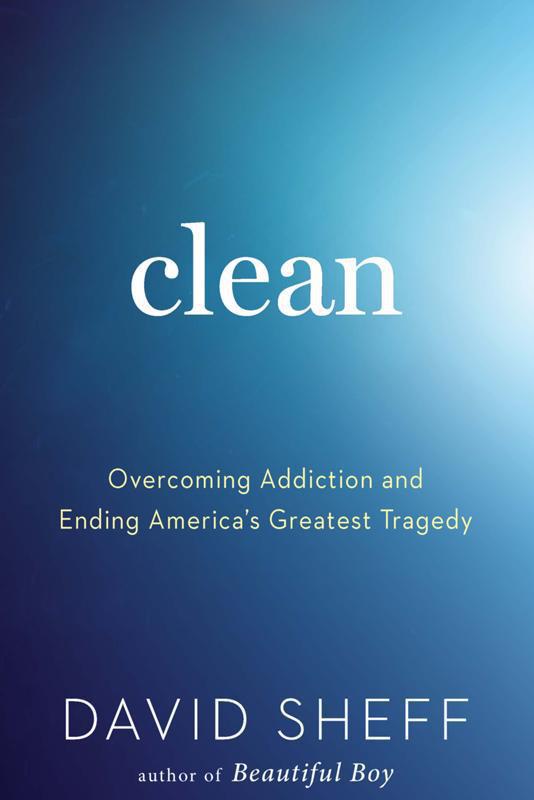
Clean
12 New Steps to Overcoming Addiction
۱۲ گام جدید برای غلبه بر اعتیاد
کتاب های مرتبط
- اطلاعات
- نقد و بررسی
- دیدگاه کاربران
نقد و بررسی

February 18, 2013
Reviewed by Hunter R. Slaton. Sheff’s bestselling Beautiful Boy: A Father’s Journey Through His Son’s Addiction flipped the script on the traditional first-person addiction memoir, painting an agonizing portrait of what one family went through when its “beautiful boy,” Nic Sheff, descended into years of methamphetamine addiction, deceit, and relapse. By the final page, he had been clean for a full year. But while the story may have ended for Sheff’s family, the tragedy continues for the 20 million Americans who are currently addicted to drugs and/or alcohol. Thus, Sheff the elder is back; in his latest, he takes a macro look at the micro problem detailed in Beautiful Boy, to examine the state of addiction and addiction treatment—sadly lacking, he finds—in the U.S. today.As Sheff sees it, the chief impediments to preventing and treating addiction are the same ones that existed when Alcoholics Anonymous was founded 78 years ago: the stigma associated with addiction, and the belief that drug abuse is a choice, rather than a disease. Sheff once held this belief, but his thinking evolved over years of grappling with his son’s addiction. Clean is at its best when the author grounds his conclusions in real-life trials and tribulations, whether his or others’.Unfortunately, the book is at times too thinly peopled, descending into rote lists of best practices and expert opinions, as exemplified by the chapter “Beginning Treatment”: “All support staff working with patients should be well trained and closely supervised”; “Programs should evaluate whether it would be beneficial for family members to be involved in treatment”; and so on. These passages are a perfect illustration of why a writer should always “show” rather than “tell.”But when Sheff lets recovering addicts and their families make his case for him, the story is gripping and vibrant—Luke Gsell tells about finding himself in rehab on the night before his 15th birthday, gobbling down stolen Dramamine: “ ‘Everything snapped,’ Luke said. ‘I thought, This is my one shot and I’m getting high. I was tripping on seasickness pills in rehab... I recognized that I was an addict. I said, ‘I’m done with this.’ ” The book is not this vivid or cathartic throughout, but Sheff makes his case methodically and convincingly, finishing with a stark look at the failure of the War on Drugs—and a comparison to the far more effective wars on cancer and AIDS, fought with the weaponry of “education and prevention, changing public policy, and improving treatment,” rather than “interdiction, arrest, prosecution, and eradication.” “The war must be ended,” Sheff concludes—and a new, more benevolent approach, outlined in a set of cleverly rewritten “12 Steps,” begun. Hunter R. Slaton is an editor at the TheFix.com, an online magazine about addiction and recovery. He lives in Brooklyn, N.Y.

























دیدگاه کاربران